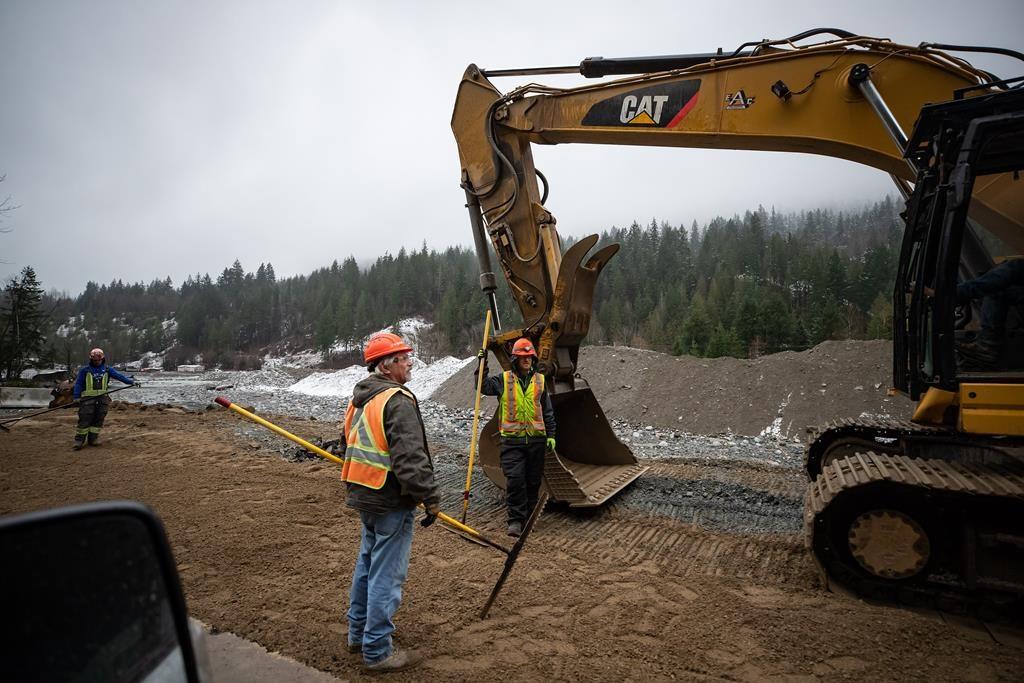As the pandemic loomed, the world’s population went under lockdown and most people started working from homes but this trend has not been applicable to a majority of workers who could not afford that privilege—the blue-collar employees.
After seeing their office-going counterparts simply shifting their work stations and continuing to work remotely, sitting in the comfort and safety of their homes, blue-collar workers have now started considering changing their careers. While toiling in construction sites and mines has ensured a steady income, the pandemic has disrupted work continuity and brought about a host of new challenges including the spread of new infectious variants that the workers could potentially bring back home.





